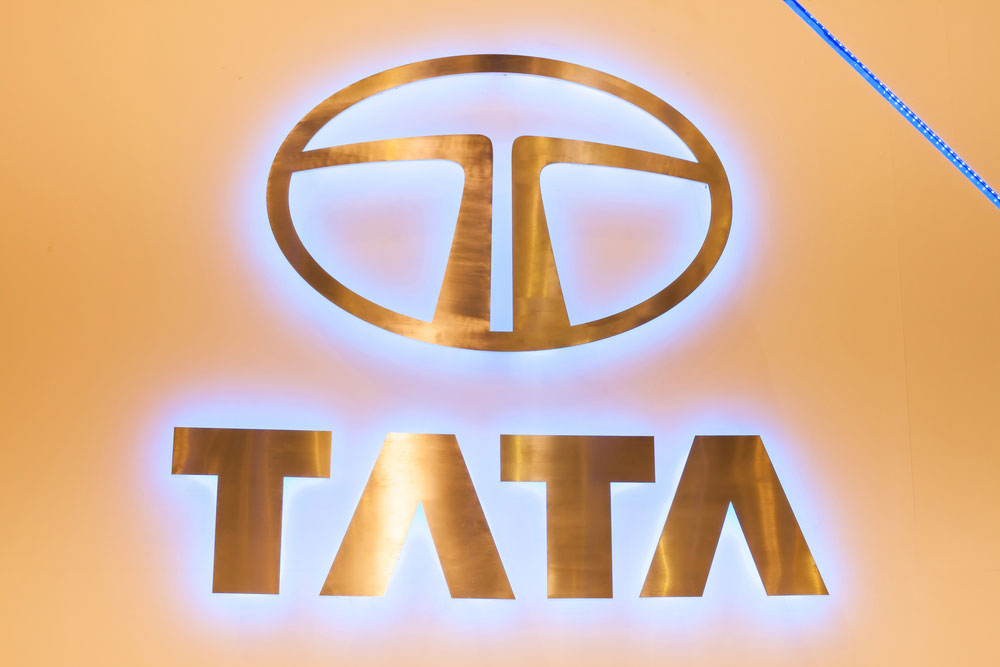Tata Steel Europe (TSE) is going to witness top-level leadership changes as the company braces for a new course following the collapse of the merger pact with Thyssenkrupp.
Hans Fischer, the chief executive officer of TSE, has decided to hang up his boots from July 1, making way for Henrik Adam, who is the chief commercial officer of the company.
Moreover, N. K. Mishra, the executive director of finance, is going to retire by the end of the year. Sandip Biswas, group executive vice-president of Tata Steel Ltd, will take up the mantle from Mishra.
Adam, who will be the new CEO, has already been inducted on the board. Biswas will join the board of TSE, an unlisted wholly owned subsidiary of Tata Steel Ltd, as executive director from July.
Fischer, who became the chief executive officer and a member of the board of TSE in March 2016, will remain on the board in non-executive capacity for another quarter, advising T. V. Narendran, the managing director and CEO of Tata Steel. Mishra, a lifer at Tata Steel, will also handhold Biswas for a smooth transition, TSL informed by a regulatory filing.
The top-level changes come within months of the company calling off its proposed joint venture with German’s Thyssenkrupp as the latter grew cold feet after the European Commission blocked the deal over competition concerns.
Had the deal gone through, it would have created the second-largest steel producer of Europe as both Thyssenkrupp and the Tatas would have put their respective steel assets in the 50:50 joint venture.
The Tata Steel management has said it would continue to scout for a partner for the European business. The deal would have carved out Rs 20,000-crore of debt from the consolidated balance sheet of Tata Steel to the JV.
TSE has remained a concern for Tata Steel ever since the company bought Corus Group Plc in 2007. Though the Netherlands business was competitive, the UK operation remained a drag for more than a decade. Parent Tata Steel has now taken a conscious strategy to grow in India where the operation is integrated with iron ore and coal mines and cut back overseas exposure.
In the 2018-19 fiscal, TSE recorded a turnover of Rs 64,777 crore compared with Rs 59,985 crore a year ago. Even though EBIDTA increased to Rs 5,414 crore from Rs 3,713 crore, the company posted a loss of Rs 1,475 crore compared with a profit of Rs 11,687 crore. The profit in 2017-18 was mainly due to a one-time exceptional gain of Rs 13,851 crore arising out of changes in the pension structure.
Liquid steel production and deliveries were each down by 4 per cent in 2018-19 from the previous year. The deliveries in the last fiscal stood at 9.64 million tonne.











